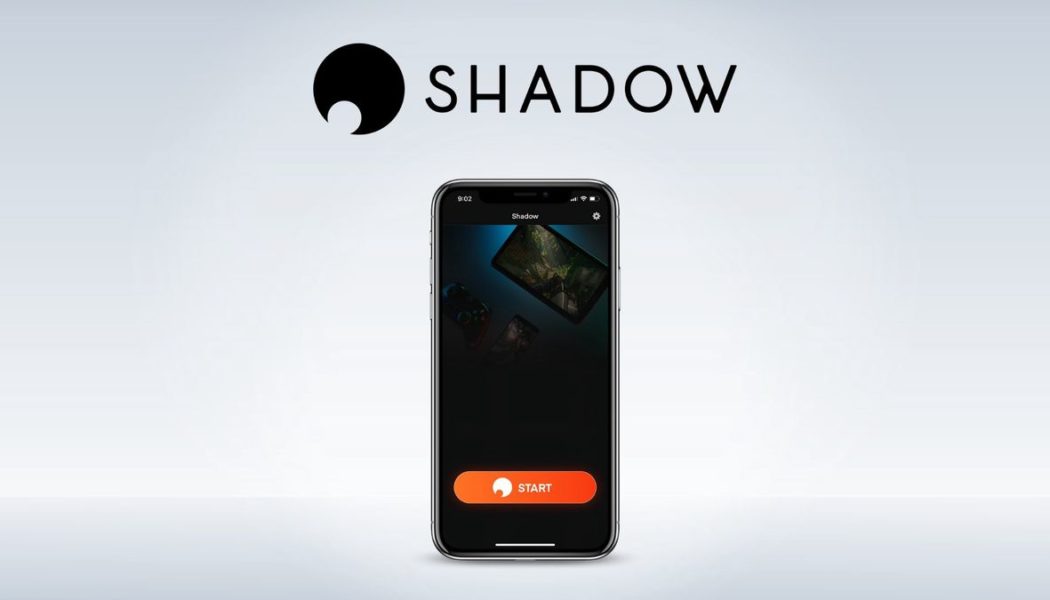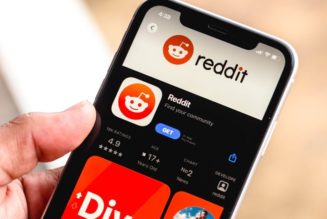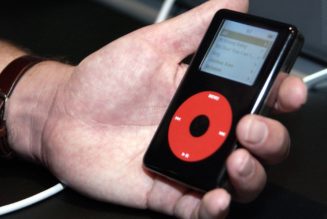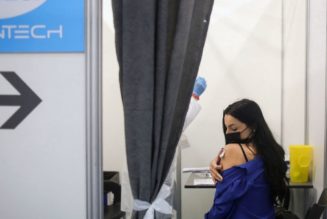In 2020, Microsoft was battling to bring xCloud or Xbox Game Streaming to the iPhone and iPad, and the conversations had an unlikely victim: Shadow — a third-party cloud gaming app that lets you stream PC games to an iPhone or iPad.
Emails between Microsoft and Apple, revealed in the Epic v. Apple trial today, show how the Xbox maker was trying to get xCloud on iOS. Microsoft was trying to figure out how Shadow, Netflix, and other similar “interactive” apps were able to exist in the App Store while Apple was refusing to approve xCloud. Microsoft put forward Shadow as an example of such a service, only to see it suddenly removed from the store.
“We were showing two examples where a game or an application was able to exist, and we didn’t understand why we couldn’t,” explained Lori Wright, Microsoft’s head of business development for Xbox, during the Epic v. Apple trial today. “I believe they [Apple] ended up pulling Shadow out of the App Store based off this email we sent until they submitted changes. That was not our intention of course, it was a byproduct.”
:no_upscale()/cdn.vox-cdn.com/uploads/chorus_asset/file/22493777/0_yXBrpxirKTDnT7a8.jpg)
While Shadow’s removal wasn’t permanent, Apple has temporarily removed the app from the App Store twice in the past year. Shadow was first removed in February last year, with Apple reportedly citing a “failure to act in accordance with a specific part of the Apple App Store Guidelines.” Apple once again removed Shadow from the App Store in February, and the app returned a week later.
Shadow revealed that the app was removed the second time “due to a misunderstanding” around the nature of the app. “Unlike game streaming services, Shadow provides a full Windows 10 PC, rather than a library of games,” explained Luc Hancock, a community manager for Shadow. “This unique approach allows Shadow to comply with the App Store guidelines, so that you can access your Shadow PC on any iOS device to run your favorite games and software.”
Valve struggled for more than a year to launch its Steam Link game streaming service on iOS. Apple rejected the app, likely because it allowed an iOS user to access another app store, Steam, within Apple’s tightly controlled ecosystem. Apple revised its rules after rejecting Steam Link, and the app was finally approved two years ago in May 2019.
:no_upscale()/cdn.vox-cdn.com/uploads/chorus_asset/file/22457649/xcloudiphone.jpg)
Apple continued to make it difficult for services like xCloud and Stadia to run the way Microsoft and Google wanted to on iOS devices after those conversations, only slowly making App Store policy carve-outs that would let the services operate under severe restrictions. Apple now insists that developers individually submit games as separate apps using their streaming tech, only then bundling them together as a “catalog”-style app.
Microsoft wasn’t impressed with Apple’s approach, calling it a “bad experience for customers.” This public spat has now boiled over into the courtroom battle between Epic Games and Apple, with lawyers on Epic’s side questioning Microsoft and Nvidia representatives about their struggles to bring cloud gaming apps to iOS.
Both Microsoft and Nvidia have had to give in to Apple’s restrictions and launch their cloud gaming services through the Safari web browser instead.









